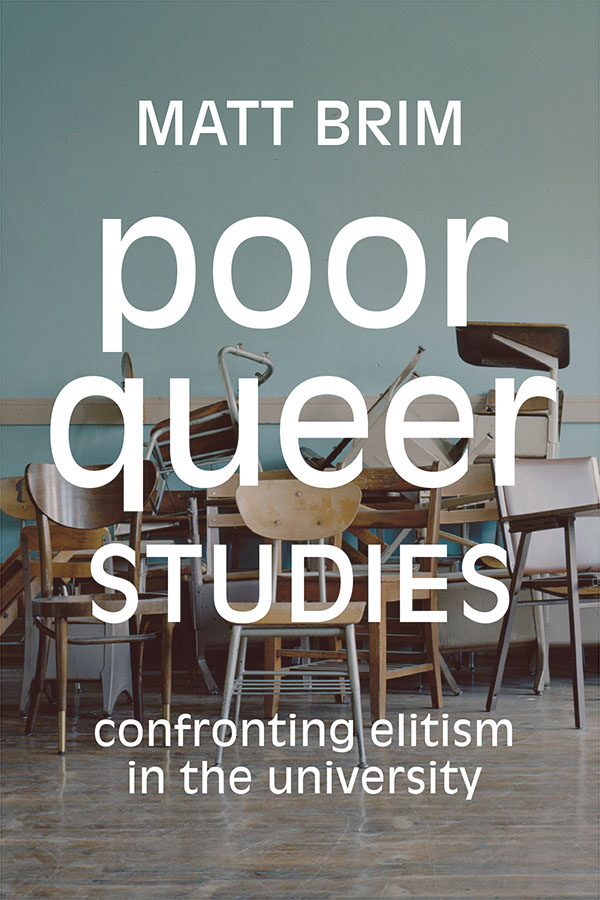This roundtable shares the first-hand experiences of five crip, disabled, Mad, and/or neurodivergent doctoral students navigating academia in so-called Canada during the COVID-19 pandemic. While we discuss and theorize our experiences of ableism, structural oppression, and inaccessibility in the academy, we also highlight the world-building experiences of solidarity that have emerged for us in crip community, and in particular among fellow crip graduate students. We consider the ways that crip students open up potential for new ways of learning and being by challenging dominant norms of academic productivity, and we also consider what is lost when these students are pushed out of academic spaces. By engaging in “collective refusal” of the conditions that harm disabled and otherwise marginalized students, new possibilities emerge for connection, community, and radical change. The virtual conversation transcribed here took place over Discord, email, and Google Docs in autumn of 2021 and early winter 2022. This piece embraces multi-tonality, that is, a range of different voices and ways of writing, speaking, and communicating. It is a conversational piece that intentionally blends varied approaches to knowledge-sharing: polemic, citationally-grounded, and personal anecdotes drawn from our diverse lived experiences. There are a number of different themes woven throughout the text, including anecdotes and personal history, solidarity, ableism in the academy, pessimism/failure, community/interdependence/intimacy, and utopia/futurity/demands for the future. While not intended to provide policy guidance or step-by-step instructions for changing academic culture, we also begin to sketch out some of our dreams for an alternative future for disabled scholars. We discuss imagined futures and possibilities, and ask, is a truly crip and/or accessible academic institution possible?
Keyword: academia
Review of Poor Queer Studies: Confronting Elitism in the University by Matthew Brim (Duke University Press)
The review focuses on the practical work of Poor Queer Studies. Rather than retheorize queer studies from the class perspective of “rich” and “poor,” Brim makes a case study of his work as a professor of queer studies at the College of Staten Island (CSI). Insisting on the particularity of his and his students’ relationship to queer studies, Brim makes an example of the work they do together in the classroom, and the ways they live their studies on public transit, at home with their families, and in their part-time jobs. This review questions the extent to which poor queer studies differs from the modern university’s reduction of all education to career-training. Brim’s praxis of poor queer studies is always undertaken with individual students in specific socio-economic circumstances—a particularity that makes it different than market-driven job-training. This review also raises questions about the general applicability of this case study. Would poor queer studies work elsewhere as it does at CSI? Berlant’s idea of exemplarity is helpful in answering this question. Unlike examples that confirm a norm, there are examples that change norms. Brim’s example of poor queer studies works to exemplarily change what counts as normal. Practically, this means no longer thinking of queer studies as operating without class distinction—and reclaiming part of the work of the discipline from seemingly classless rich queer studies at places like Yale and New York University.
Airing Grievances: Academic Hoaxing and the Performance of Boundary Work
Through an examination of the 2018 “grievance studies” hoax this essay considers the role hoaxing plays in the articulation of both internal and external modes of institutional critique that pertain to the production, verification, and dissemination of knowledge. By examining the grievances of three academics who wrote over twenty false/fraudulent articles—seven of which were published in (and later retracted from) peer-reviewed journals—this research attends to the different kinds of boundary work and repair that are performed and enacted by academics to shed light on the conflicting ways knowledge production and academic labour are currently contextualized and understood.


